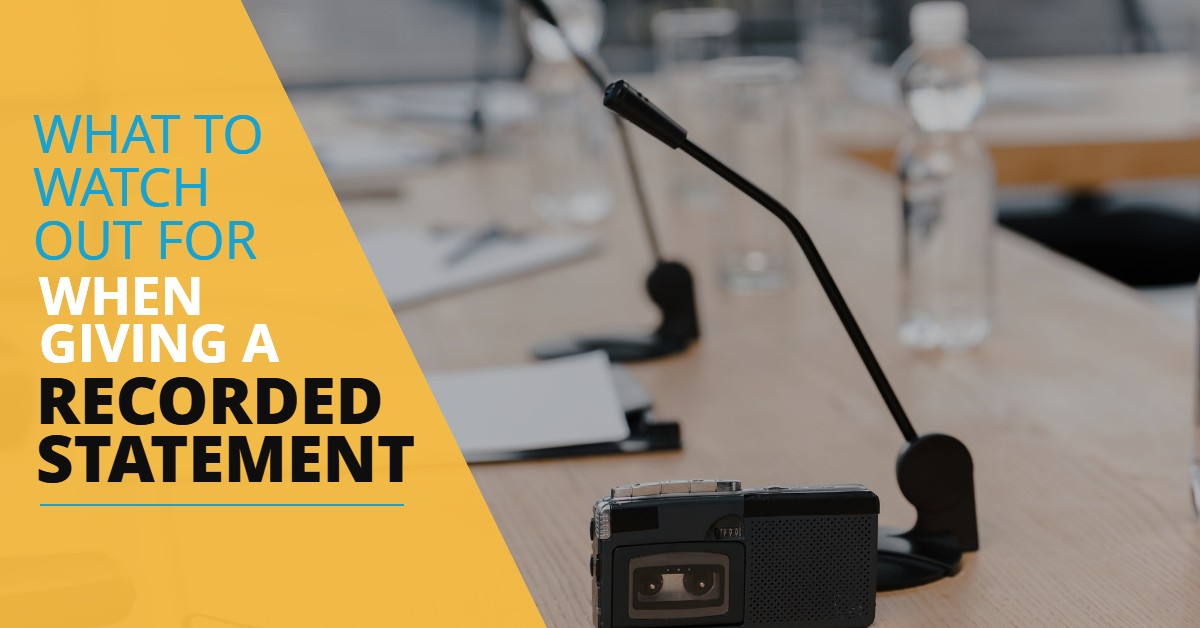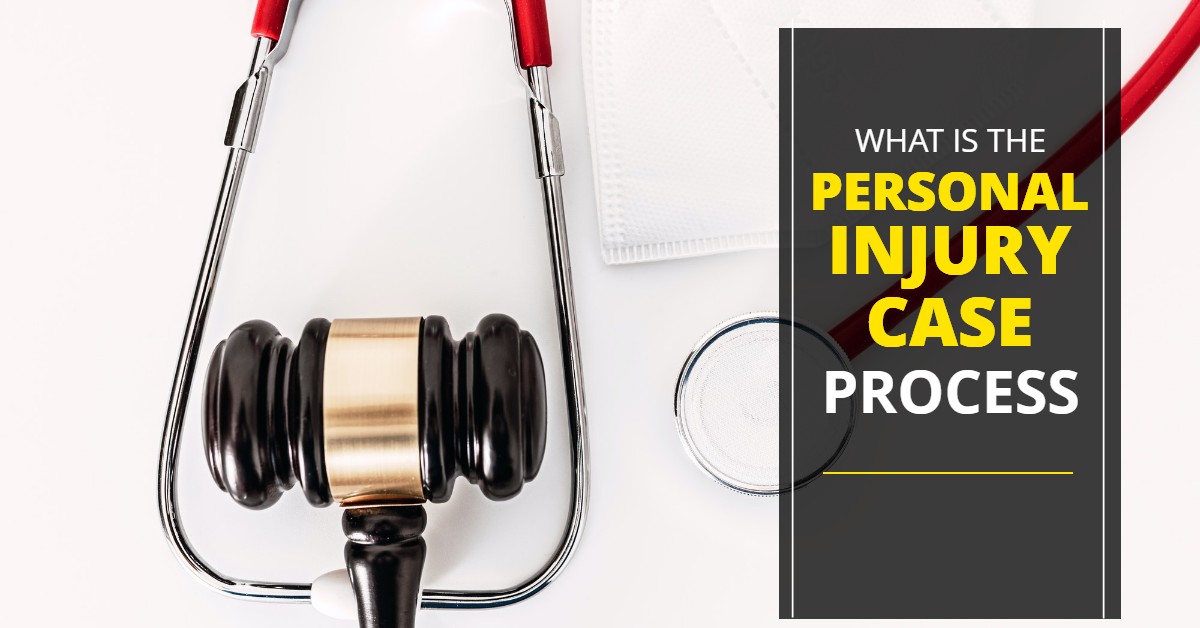If you’ve never been involved in a personal injury lawsuit, you may not know what to expect. Here are 10 things you should know before filing a claim.
1. Personal Injury Lawsuits Are Designed to Protect You
After an injury, you likely have a lot to contend with: medical bills, lost income, emotional stress, and the upheaval of your daily routine. Personal injury lawsuits are designed to protect the rights and financial futures of injury victims like you. With the help of a personal injury attorney, you may be able to recover compensation through a settlement with the defendant, or at trial.
2. People Who Lawyer Up Recover More
Here’s a little-known fact: On average, people who hire a personal injury attorney after a car accident recover three times as much compensation as those who go it alone. Personal injury lawyers understand how to value claims and what it takes to negotiate a favorable settlement. If the insurance company is unwilling to negotiate, they can present your case in the strongest terms in front of a judge and jury.
3. The Sooner You Call, the Better
A personal injury lawyer can guard you against costly mistakes such as revealing too much information to claims adjusters and failing to document your injury. An attorney can also guide you through tricky legal procedures and communicate with the insurance company on your behalf. Also, the sooner you contact a lawyer, the more likely you are to recall specific details about your injury, and to still have relevant receipts, witness information, and other evidence.
GOT QUESTIONS… JUST CLICK HERE!4. Don’t Sign Anything Before Consulting an Attorney
An insurance adjuster might try to convince you that you don’t need a lawyer, but remember that insurance companies often don’t have your best interest in mind. Many of them want you to deal directly with them in hopes that you’ll settle for far less than your case is really worth. It’s imperative that you not sign anything before speaking to a personal injury lawyer, as doing so could prevent you from recovering the compensation you deserve.
5. There Are Two Ways to Win a Case
Personal injury cases can be settled out of court or ruled on at trial. A settlement is an agreement between the plaintiff and the defendant as to how much compensation the plaintiff will receive. A verdict, on the other hand, is a decision made by a judge or jury following court proceedings. That means that even if a settlement can’t be reached, your attorney still has a viable path to recover the compensation you need. (In fact, in many cases, the jury award is significantly higher than the pre-trial offer.)
6. Establishing Negligence Is Paramount
It’s essential to establish that your injury was the result of another party’s negligence, or failure to exercise reasonable care for your safety. If the other person or entity acted negligently and contributed to your injury, they could be liable for any resulting damages, including but not limited to medical expenses, lost wages, diminished earning capacity, and pain and suffering.
7. Personal Injury Cases Can Be Time-Consuming
Personal injury cases are complex, and therefore settlements and trials can take months, if not years to conclude. To compound matters, insurance companies often try to drag out the process in hopes that the victim will cave and settle for a lowball offer. It’s important that you never settle for less than your case is worth. Our attorneys are dedicated to resolving your case quickly and efficiently, but most of all, to achieving the best possible outcome for you.
8. It’s Hard to Value a Claim Without Reviewing the Facts
A variety of factors may influence the value of a claim, including the severity of the injury and the circumstances surrounding the accident. Without first reviewing the facts of the case, it’s difficult to pinpoint how much a claim is really worth. However, you can rest assured knowing that we have a long track record of success. We understand how to value a claim, and we aren’t afraid to fight for fair compensation at trial if necessary.
9. You Have Limited Time to File a Lawsuit
Every state has a statute of limitations: a timeframe for filing a personal injury claim against the negligent party. Statutes vary from one state to the next, so it’s important that you contact a personal injury attorney as soon as possible to ensure that you don’t miss the deadline for filing in your state.
Article reference:
https://www.forthepeople.com/








